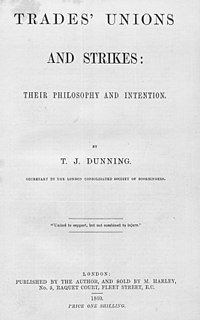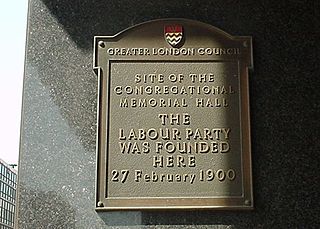Life
He worked in the Deptford shipyards in south-east London; he was also associated with neighbouring Rotherhithe, where he lived for a time at 14 Lucas Street.

Deptford, an area on the south bank of the River Thames in south-east London, is named after a ford of the River Ravensbourne. From the mid 16th century to the late 19th it was home to Deptford Dockyard, the first of the Royal Dockyards. This was a major shipbuilding dock and attracted Peter the Great to come and study shipbuilding. Deptford and the docks are associated with the knighting of Sir Francis Drake by Queen Elizabeth I aboard the Golden Hind, the legend of Sir Walter Raleigh laying down his cape for Elizabeth, Captain James Cook's third voyage aboard Resolution, and the mysterious murder of Christopher Marlowe in a house along Deptford Strand.
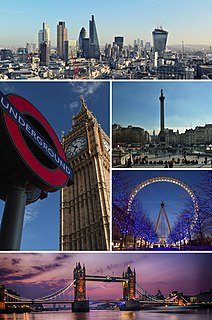
London is the capital and largest city of both England and the United Kingdom. Standing on the River Thames in the south-east of England, at the head of its 50-mile (80 km) estuary leading to the North Sea, London has been a major settlement for two millennia. Londinium was founded by the Romans. The City of London, London's ancient core − an area of just 1.12 square miles (2.9 km2) and colloquially known as the Square Mile − retains boundaries that follow closely its medieval limits. The City of Westminster is also an Inner London borough holding city status. Greater London is governed by the Mayor of London and the London Assembly.
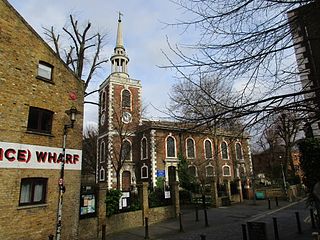
Rotherhithe is a residential district in south east London, England, and part of the London Borough of Southwark. Historically, the area was the most northeastern settlement in the county of Surrey. It is located on a peninsula on the south bank of the Thames, facing Wapping and the Isle of Dogs on the north bank, and is a part of the Docklands area. It borders Bermondsey to the west and Deptford to the south east.
Having unsuccessfully tried to found a labour organisation during the 1790s, Gast helped organise the 'Hearts of Oak Benefit Society' during a shipwrights' strike in 1802 and was advocating workers' rights in radical pamphlets such as 'Calumny Defeated, or A Complete Vindication of the Conduct of the Working Shipwrights', during the late Disputes with their Employers (1802).
Having been involved with regional efforts to build trade unions (notably the Metropolitan Trades Committee), in 1822 Gast formed a 'Committee of the Useful Classes', sometimes described as an early national trades council, and in 1824 he was the first secretary of the 'Thames Shipwrights Provident Union'. Gast also promoted an inter-union organisation: 'The Philanthropic Hercules'.
In 1825, the Combination Acts were repealed. Employers were furious and lobbied for the Acts’ restoration, prompting the emergence of workers' movements to resist such steps; Gast founded the first Trades Newspaper as part of this resistance, with Joseph Clinton Robertson.
The Combination Act 1799... titled An Act to prevent Unlawful Combinations of Workmen, prohibited trade unions and collective bargaining by British workers. The Act received royal assent on 12 July 1799. An additional Act was passed in 1800.
Joseph Clinton Robertson (c.1787–1852), pseudonym Sholto Percy, was a Scottish patent agent, writer and periodical editor. He was a political radical prominent in the early days of the working-class press in London, and in the debates within the Mechanics Institute movement.
In 1836, Gast was a member of the London Working Men's Association, some of whose members drafted the core six points of the People's Charter (the principles at the heart of the Chartist movement).
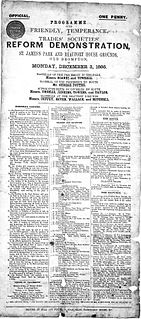
The London Working Men's Association was an organisation established in London in 1836. It was one of the foundations of Chartism. The founders were William Lovett, Francis Place and Henry Hetherington. They appealed to skilled workers rather than the mass of unskilled factory labourers. They were associated with Owenite socialism and the movement for general education.
He was also a dissenting preacher and ran the King of Prussia public house at 6 Union Street (now Albury Street), Deptford.
E. P. Thompson suggested, in The Making of the English Working Class, that in the history of working-class movements between 1780 and 1832, he was one of three, with John Doherty and Gravener Henson, who had been outstanding leaders. [1]




